|
In Sarah Beeny’s latest Channel 4 series – New Life in the Country - she continues her beekeeping story after attending an online beginners’ course run by Somerton Division.
In the first episode of the new series Sarah catches a swarm with her beekeeper mentor Lionel Horler. She shares the experience on her Facebook page saying: “I’ve learnt so much over the past year from the amazing Somerset Beekeeping [sic] Association - thank you Lionel for showing me such a magical moment.” A new pressure group made up of UK beekeepers - Honey Authenticity Network UK (HAN UK) - is calling for better information for shoppers starting with stricter labelling for honey blends.
Two members of Somerset BKA are members of HAN UK – Lynne Ingram is Chair and Anne Pike is a committee member. The group’s first outing in the media was in the Observer on Sunday, November 29, ’21. ”British beekeepers are calling for a requirement on supermarkets and other retailers to label cheap honey imports from China and other nations with the country of origin after claims that part of the global supply is bulked out with sugar syrup. The UK is the world’s biggest importer of Chinese honey, which can be one sixth of the price of the honey produced by bees in Britain. Supermarket own-label honey from China can be bought for as little as 69p a jar. Supermarkets say every jar of honey is “100% pure” and can be traced back to the beekeeper, but there is no requirement to identify the countries of origin of honey blended from more than one country. The European Union is now considering new rules to improve consumer information for honey and ensure the country of origin is clearly identified on the jar.” To read the article in full, click here. Meanwhile, the group has set up a Facebook group to raise awareness of honey adulteration. Anyone interested in the subject is warmly invited to join. Thousands of visitors poured into the bees & honey feature at the Bath & West at the end of August.
Their first stop was Somerset’s Asian hornet action team’s stand which had lots to attract attention including pinned specimens, a nest, information to give away and colouring in sheets for children. Further round the building they had the chance to watch live bees in an observation hive and, on the Somerset stand, see some of the fruits and vegetables pollinated by insects and talk to beekeepers about this fascinating craft. Winner of the Blue Ribbon for the best exhibit in the honey show was Somerset member Bridget Knutson from Cheddar with three jars of this season’s honey; she will take these jars to the National Honey Show in October. Successful showing couple Mark and Christine Gullick from Axbridge will also be exhibiting at the National Honey Show buoyed by some excellent first place cards. Lynne Ingram MB, Somerset's AHAT coordinator, joint events officer and Zoom pilot is lecturing at the BBKA's online Spring Convention.
Her talk, Know your enemy: Facing the Asian Hornet threat, takes place at 11.45 am on Sunday, April 18. Afterwards she will join Dr Pete Kennedy from Exeter University, who is speaking in the slot before on Asian hornets: A brief overview and new insights, and answer questions live. Lynne has been keeping bees for over 30 years, and currently manages 20 colonies in three apiaries. She has been involved in tracking hornets in Jersey and was a contributor to ‘The Asian Hornet Handbook’ by Sarah Bunker. For tickets and more information about the event, which runs from April 15-18, visit the website.  In spring, as temperatures rise, Asian hornet queens (Vespa velutina nigrithorax) emerge from hibernation. Monitoring now may identify any queens which have overwintered in the UK. Lynne Ingram, MB and Somerset BKA’s AHAT coordinator, recommends the use of monitoring stations rather than killing traps. She says: “This allows us to get the evidence of Asian hornets that we need, without killing our native beneficial insects, in particular European hornets.” At this time of year Asian hornet queens will be searching for sugary foods to build up their energy rather than preying on honey bees. So, all monitoring stations should be positioned where you can easily see them and check them daily - eg outside the kitchen window, or in a sunny spot in your garden. All beneficial insects should be released from monitoring stations daily. From mid-May Asian hornet queens will be mainly in their nests and so monitoring stations can be removed. We suggest the adaptation of Thorne’s traps to include wick stations inside to allow wasps and small flies to escape. Liquid bait - get Suterra (now sold as Trappit wasp attractant) from your AHAT Team leader or buy online. If you can't get it due to current restrictions try one of these French recipes:
If you think you have seen an Asian Hornet:
Jersey is using a modification to the origin design to allow beneficial insects to escape. The wick pot prevents all but the smallest insects from entering from the side. They still require daily monitoring. The trap:
Cut the sample pot to half its height ie 3.5cm and fit the lower section through the top section base first. Place a small block of wood or similar over the top of the pot and tap the two parts together. That way you retain the screw top and the modified pot fits snuggly into the trap. Drill a 12mm hole in the lid to take the wick which is made from paper towelling/Jeyes cloth etc. Fill with your liquid bait. The wick pot prevents all but the smallest insects from getting down the side, and the liquid bait doesn’t evaporate so quickly. The holes in the trap allow beneficial insects to escape. Please monitor regularly. For more information check out our Asian hornet page. And here for resources. 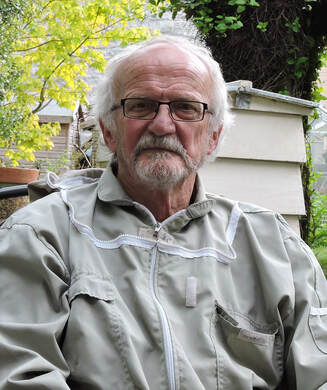 The Chairman of Somerset Beekeepers’ Association, Stewart Gould, is urging beekeepers to keep local honey bees and reject a campaign to overturn the recent ban on bee imports.“Locally bred bees are perfectly adapted for the conditions; imported bees carry the risk of pests and diseases and are genetically better suited to the country of origin,” he said. His comments follow media coverage of the new Brexit rules which have stopped the importation of honey bee colonies directly into the UK from the EU although queen bees are still allowed. HMRC is aware that there may be attempts to get around the import rules by using Northern Ireland as a back door but anti-avoidance measures are in place. “The importation ban is important and avoids the risk of bringing new problems to the UK’s bees. For example, bees in many areas of the country suffer from Chronic Bee Paralysis Virus which is associated with the importation of bees. And we are worried that the small hive beetle, which is in southern Italy, could come into the country and decimate our bees.” Somerset Beekeepers’ Association runs courses to help members to rear their own queen bees from successful colonies which ensures they are adapted to the conditions in their own area. Patrick Murfet from a beekeeping equipment company in Kent has started a petition calling on the government to reverse the new rules. That petition can be found here Petition to overturn the ban In the interest of even handedness, you should be aware that there is a petition to uphold the ban, which can be found here Petition to uphold the banning of bee imports The number of beekeepers and bee colonies continues to rise in the UK; membership of the British Beekeepers’ Association stands at more than 28,000 while Somerset’s is topping a record 1,200. Stewart Gould, Chairman The news this week that Defra has granted a derogation for farmers to use the neonicotinoid thiamethoxam on sugar beet in 2021 has caused uproar amongst many beekeepers and environmentalists.
Somerset BKA Chairman Stewart Gould told the local news: “We know that the intended derogation of neonicotinoid use is for a limited period and is to be used on sugar beet seed, a plant which is harvested before it flowers, and one that doesn’t attract bees, but systemic neonicotinoids, thiomethoxam in this case, are not selective, and are poisonous to all insects, threatening bees and all other pollinators in particular. “ One third of food is dependent on insect pollination and in the UK insects pollinate 70 types of crop – strawberries to cabbages. Dave Goulson – Professor of Biology at the University of Sussex, founder of the Bumblebee Conservation Trust and author of bestselling titles including ‘A Sting in the Tale’ – has responded to the news with a blog. https://www.wcl.org.uk/poisoning-the-environment-to-make-ourselves-ill.asp There is also a debate planned for Tuesday, 19 January https://www.wildlifetrusts.org/events/wild_live_bee-pesticides Asian hornet awareness week is an excellent reminder to look out for the non native and highly destructive hornets when in the garden and out and about: check flowers, ivy, in wasp traps and fallen fruits.
At this time of year Asian Hornet nests are growing bigger and there are many hungry mouths to feed. This means that if we have any Asian Hornets in the UK, they will be out and about collecting food, and are more visible. They can be spotted feeding on flowers, on the ivy once it is out, and also on fallen fruit. They can also be spotted near beehives, where they will try and catch honey bees as they return to the hive full of nectar. Asian Hornets look like a big wasp, but are mainly black with orangey yellow faces, and a broad orangey yellow band across the base of the abdomen. The bottom part of the legs is yellow. If you spot what you think is an Asian Hornet please Take A Photo, then report it through the FREE AsianHornetWatch app. If it is an Asian Hornet then someone will come to check it out for you. If you are not sure what it is, Take A Photo anyway. You can compare the photos on the app with what you have seen. If you need help with this contact your local Asian Hornet Team https://www.bbka.org.uk/asian-hornet-action-team-map. For Somerset contact [email protected] The lock down series of webinar lectures was originally envisaged as live and interactive - bringing beekeepers together to watch speakers giving practical tips or discussing their research in the field of apiculture.
However, we’ve received so many requests to view recordings that we have started to upload those that we have to the members-only section of this website (click here to go there). But note that these recordings are literally as-live – technical difficulties/clap for carers/tea breaks and all. Not all speakers give us permission to record their talks and for some the technical issues are just too distracting. To date we have Eleanor and Rosemary Burgess talking about swarming and David Evans about rational varroa control. Over time we plan to add to this library and hope you can take a look if you miss a lecture or want to revisit one. Somerset BKA has awarded its most prestigious honour to Fred Horne from Yeovil Division.
The West Country Honey Farms Award is presented annually to the Somerset member judged by a panel of three previous winners to have made the greatest contribution to beekeeping in the county. Up until now the award has been presented at the AGM but Fred is having to make-do with a photo of the trophy until COVID-19 restrictions are lifted. Fred, who first opened a hive in 1952, is a former Vice Chairman of Somerset BKA (1985-86), served as Chairman (1987-1989), is a Vice President (elected in 1990) and an Honorary Member since 2010. He has been an active member of Yeovil Division since he joined in 1976 (when it was known as the Southern Division). Within two years he became Treasurer, holding the post for three years before taking on the role of Secretary for a further seven years. He has been a valued and loyal member of his Divisional Committee for almost the entire period of his membership. His most recent office was that of Divisional President (1999-2017). In the citation for nomination it says: “For all the current membership Fred has always been there. Modest in mind and the epitome of a skillful mentor, Fred offers a master class example of how to communicate. Good mentors, like good teachers, are rare to find but he certainly fits the category well. His empirical knowledge of bees, inspires, encourages and motivates. Not one for gaining qualifications and post nominals, Fred made you think logically, rationally and reminded us that bees are doing what they want to do (usually for good reason) and that we need sometimes to just watch and listen and sometimes leave them to it. Fred, like some other rare individuals, has clearly mastered the art of communicating during his career as a teacher and is able to effectively impart his knowledge at a level commensurate to both the individual and the complexity of the question. “Many of the Division's new members now realise the value of having Fred as their mentor and have appreciated the knowledge and passion that he has been able to transfer. Many inexperienced beekeepers have learned much, and more importantly, limited the potential damage that could have been done to their precious bees by seeking his counsil. By having this sound knowledge base available, either in person, or at the end of a telephone, their beekeeping has improved considerably. “To quote a relatively new member: "It has been a privilege to know and seek the President's advice at times when apiculture was proving demanding and each and every time his wise and thoughtful words made sense and clarified the mire. The value and importance of a skilled mentor should never be underestimated". “Fred stopped keeping his own bees a few years ago and has now stepped down as Divisional President. However, he has not really retired as he is still available to provide advice to the less knowledgeable and experienced members of the Division.” |
Archives
March 2024
Categories
All
|
Somerset Beekeepers Association Charity © 2021 Registered CIO Charity 1206483
Affiliated to the British Beekeepers Association
Click here to view our Privacy Policy
Affiliated to the British Beekeepers Association
Click here to view our Privacy Policy
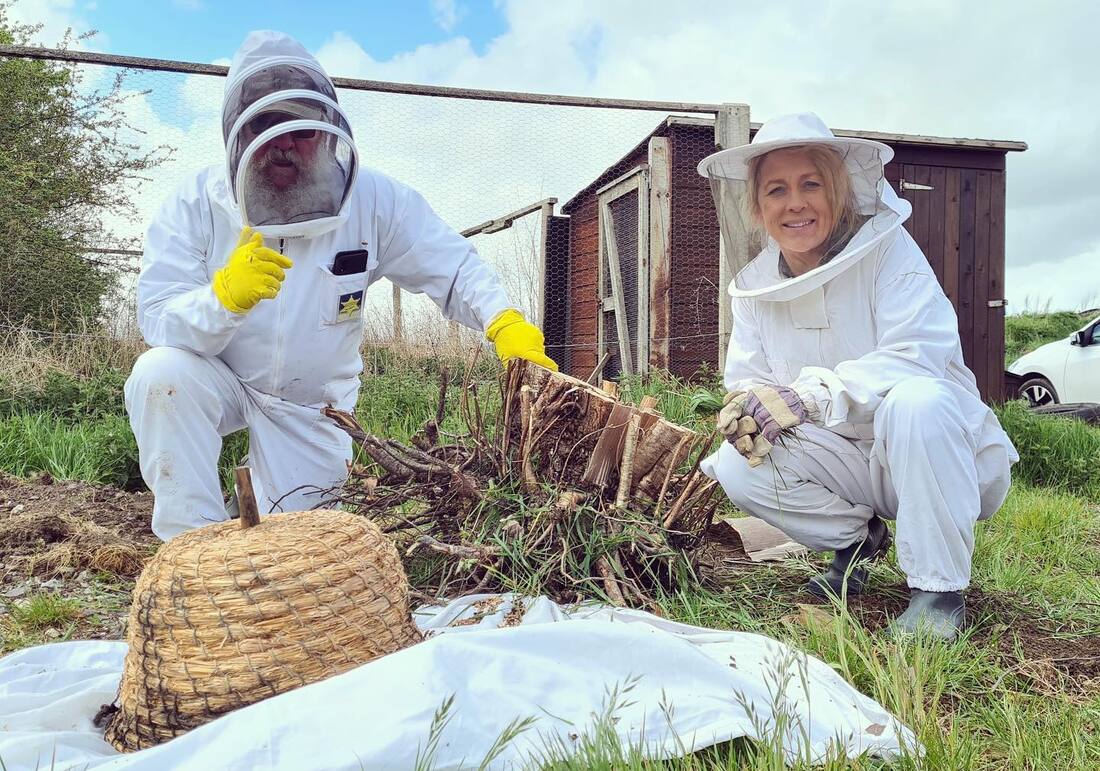
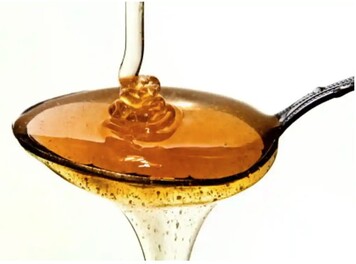
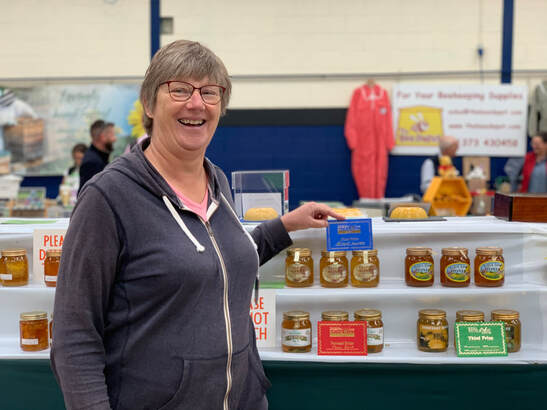
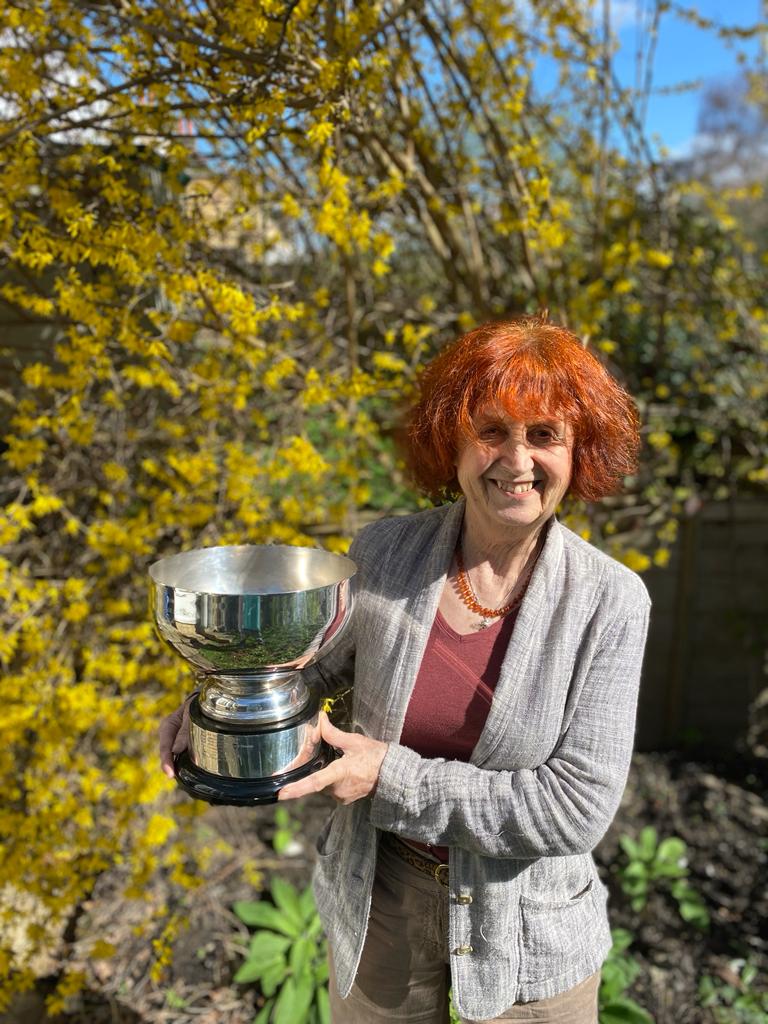
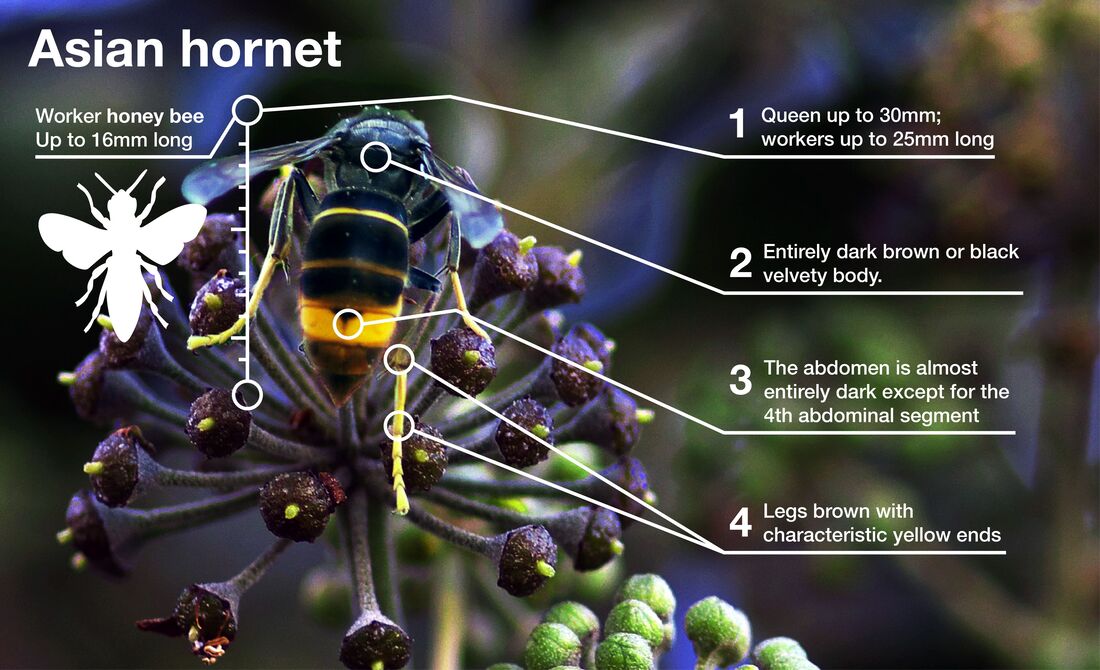
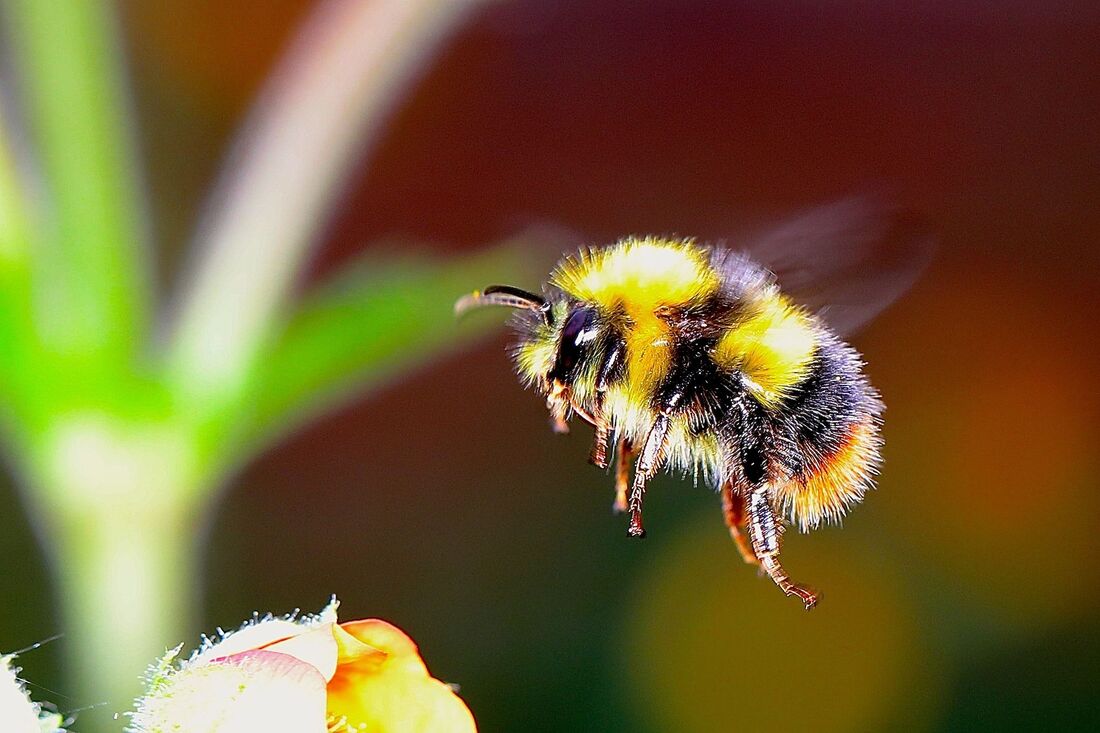
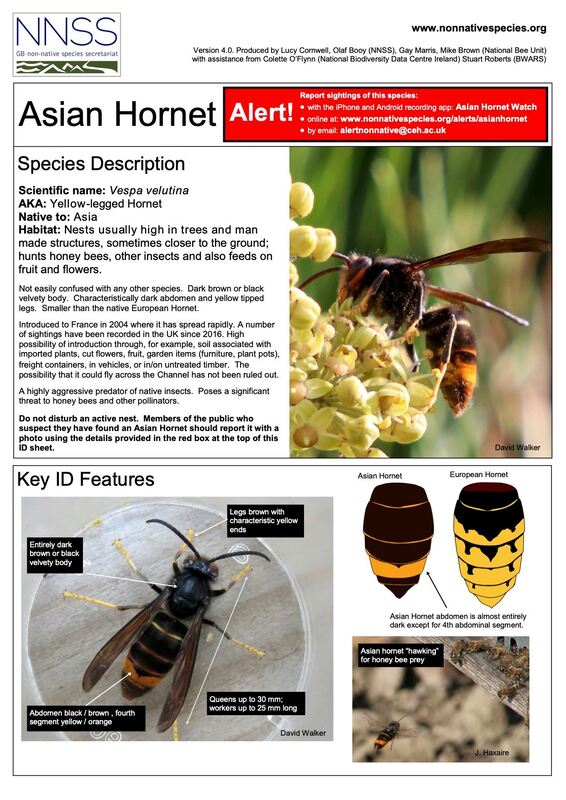
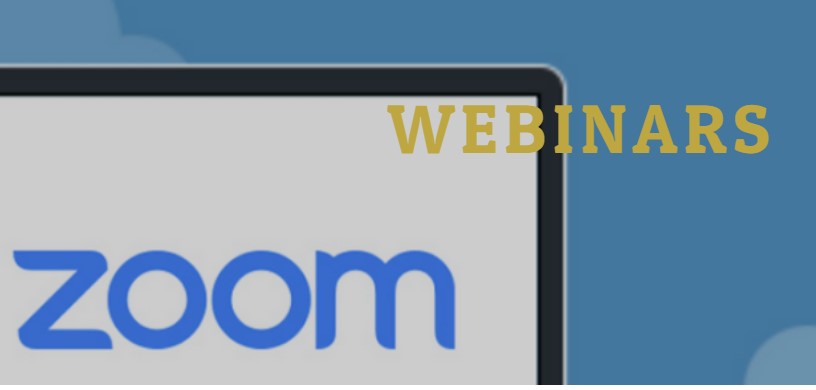
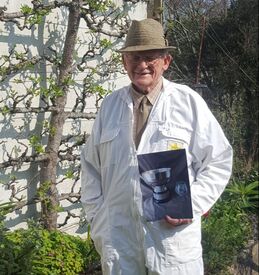
 RSS Feed
RSS Feed
